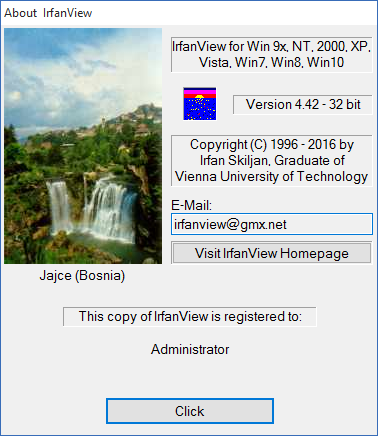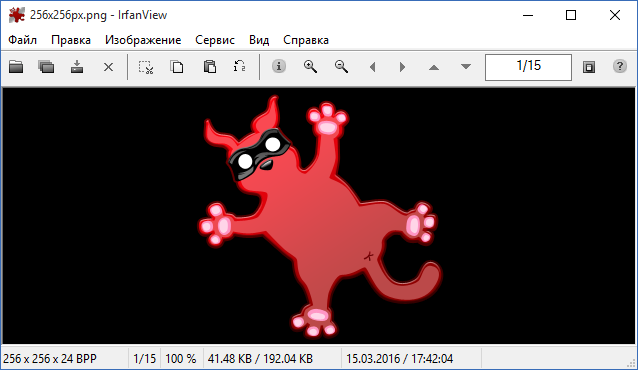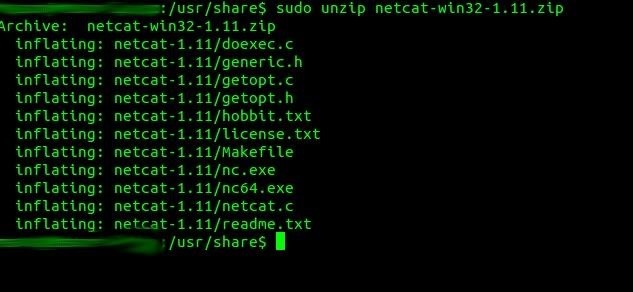

As was the case in the other posts, the sample web application is in /web.
#Rebaslight node.dll code
In this post, we’ll need to modify the prime number code to allow it to work well as a DLL, and I’ll put that code in /cpp/prime4lib. The /cpp directory is where I’ve put all the C++ applications developed for the automation post, with the shared source for prime number generation in /cpp/prime4standalone. Once you’ve checked out the code, take a moment to survey the directory structure I’ve setup.
#Rebaslight node.dll series
Getting the tutorial codeĪll of the code for this series is available on github: It also lets you avoid the intricacies of developing native C/C++ modules for Node using the V8 API, which isn’t always trivial. Once you have a DLL, utilizing the interface through Node.js is pretty easy (read on!).Ĭonverting a legacy C or C++ application into a DLL can be a good integration choice when automation is too cumbersome. If your C++ is already in a DLL, then you can get started right away - but if not, you can generally compile your legacy code into a DLL fairly easily - you just need to figure out which methods/functions you wish to expose to callers. Further, you’d like to be able to get output from those functions as return values (or reference parameters), not by harvesting output from stdout or some output file.Ī shared library (or DLL) is an excellent solution in this situation.

You’d like to be able to call into C++ through functions, not just an executable’s entry point. Often you want fine-grain control and coordination between Node.js and C++. You could certainly develop complex coordination between your C++ and Node applications, but automation works best when you just want to send some input to C++ and wait for the results. One disadvantage though is that there is really only one entry point to your C++ - main. Automation also allows you to integrate with just about every programming language - as long as it can be automated through stdin/stdout or input and output files. When automating a C++ application, you have the advantage of having really clean separation between your JavaScript and C++. For example, if you are looking to compile Rust code into a library that can be integrated with Node.js, check this out! Why use a Shared Library / DLL? This post focuses on C++, but any language that can be compiled into a native shared library can be called from Node.js using these techniques. I’ll also discuss some of the common issues you can run into when converting a legacy C++ application into a callable shared library. This post focuses entirely on compiling your C++ as a shared library or DLL, and calling that code from Node.js using FFI. The second post covered automation in detail, and also introduced the C++ code that I’m focused on calling - a prime number implementation found here. If you haven’t read the first post, you might want to check that out first, before going forward. Node.js Addon - compile your C++ code as a native Node.js module/addon.Įach of these options have their advantages and disadvantages, they primarily differ in the degree in which you need to modify your C++, the performance hit you are willing to take when calling C++, and your familiarity / comfort in dealing with Node.js and the V8 API.


In the first post, I outlined three general options:
#Rebaslight node.dll how to
This post is the third in a series of four posts dedicated to showing you how to get your C++ application onto the web by integrating with in Node.js. Calling Native C++ DLLs from a Node.js Web App


 0 kommentar(er)
0 kommentar(er)
